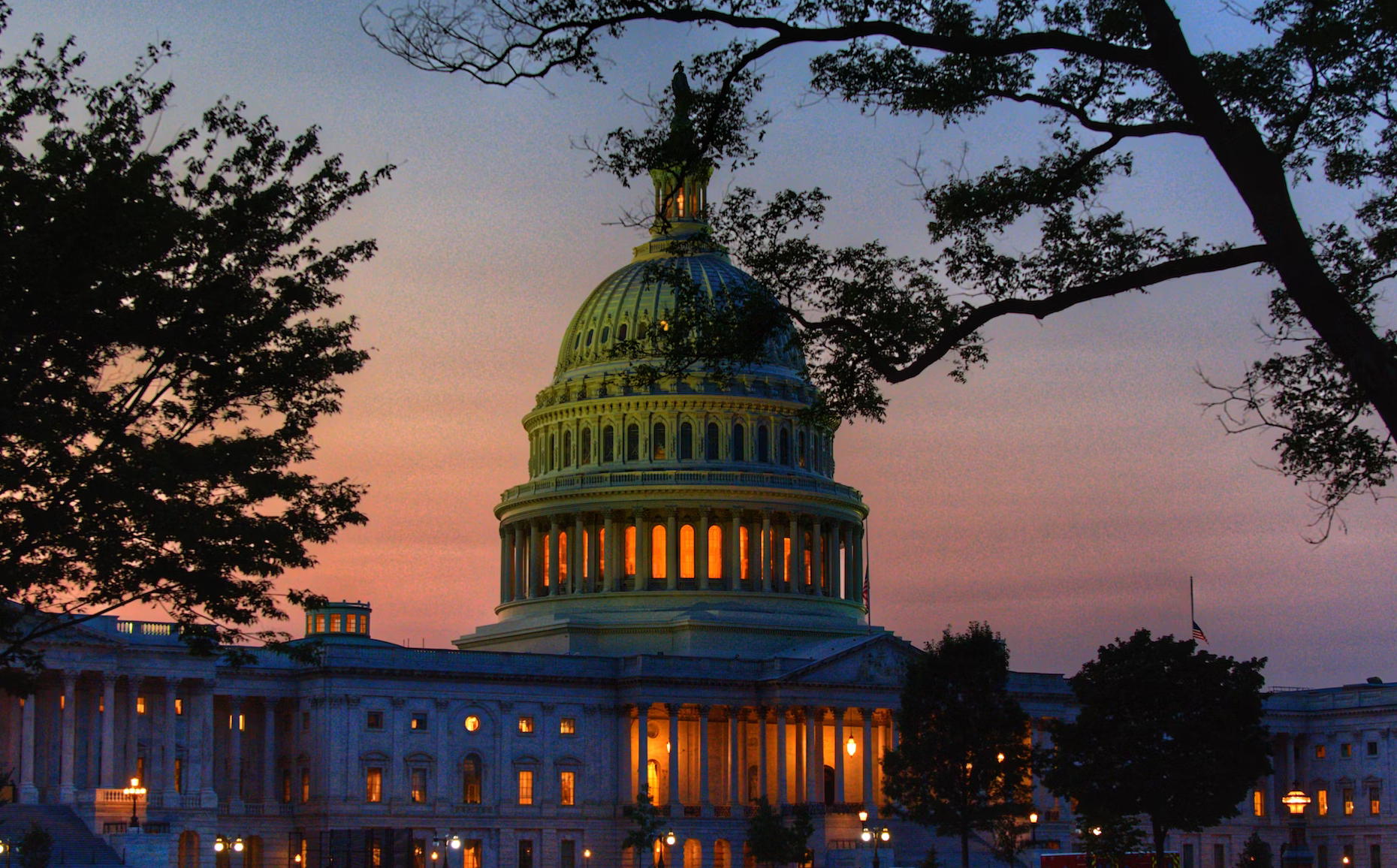US Supreme Court Sidesteps Decision On Social Media Laws

US Supreme Court throws out lower court decisions on Florida, Texas laws imposing social media regulation, demands more research
The US Supreme Court has thrown out two separate decisions by lower courts involving social media censorship laws in Florida and Texas and told the lower courts to conduct further analysis.
In the decision on Monday, the last day of the top court’s session that began in October, judges said lower courts had not adequately addressed the First Amendment speech implications of the 2021 laws.
Both were passed in the wake of the removal of Donald Trump’s social media accounts from platforms such as Twitter, Facebook and YouTube following deadly riots in the Capitol on 6 January, 2021.
They authorised state bodies to regulate the way social media platforms moderate content, in an effort to stem what they called censorship of conservative discourse.

Social media regulation
They were challenged by two industry groups, NetChoice and the Computer & Communications Industry Association (CCIA), whose members include YouTube parent Google, Facebook parent Meta Platforms, TikTok, Snapchat parent Snap and others.
The lower courts had blocked key provisions of Florida’s law but had upheld the Texas measure.
Liberal justice Elena Kagan wrote for a majority of justices in the Monday decision that the Texas law did not appear to be in line with the First Amendment.
“Texas does not like the way those platforms are selecting and moderating content, and wants them to create a different expressive product, communicating different values and priorities. But under the First Amendment, that is a preference Texas may not impose,” Kagan wrote.
Florida and Texas officials argued moderation decisions by social media platforms are outside the First Amendment as they do not themselves constitute speech.
Broad implications
The Supreme Court said the lower courts needed to take into account the broad range of other ways the laws could affect online speech.
“It’s not clear to what extent, if at all, they affect social-media giants’ other services, like direct messaging, or what they have to say about other platforms and functions,” Kagan wrote.
The attorneys general for Florida and Texas wrote on X that they would continue to fight to preserve state laws.
“No American should be silenced by Big Tech oligarchs,” wrote Texas attorney general Ken Paxton.